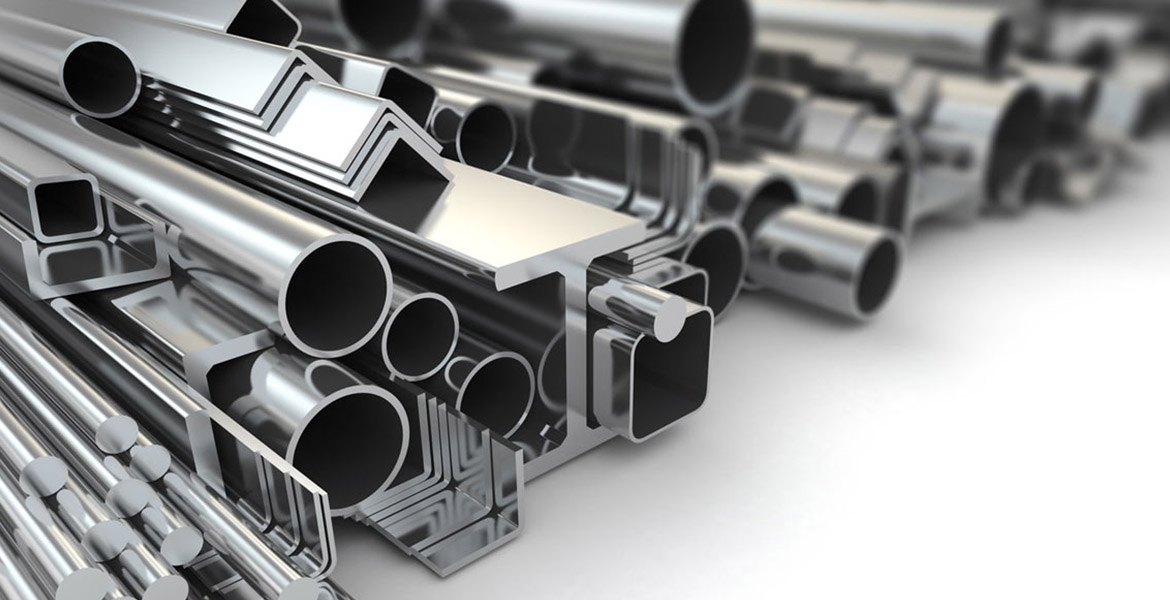The Bureau of International Recycling (BIR) has reported a decline in the tonnage reported by UK non-ferrous traders due to the latest banking crisis, indicating a weakening of market trust. As the only global recycling industry federation, the BIR represents over 30,000 companies worldwide, with a direct membership of over 900 companies and 37 national associations from 68 countries.
Meanwhile, in Cambodia, Seng Casin Electronics is taking a novel approach to recycling scrap aluminium by domestically manufacturing secondary aluminium without using corrosive chemicals, high temperatures, or earlier sorting procedures. This makes it easier to export the recycled material to China, a major importer of secondary aluminium. This approach not only reduces waste but also helps to create a circular economy by reusing materials.
In Germany, the Karlsruhe Institute of Technology (KIT) has developed a new method of recycling batteries that can recover up to 70% of the lithium without using corrosive chemicals or high temperatures. This sustainable method can help reduce the environmental impact of batteries, which are a major contributor to electronic waste.
In Singapore, the National Environment Agency (NEA) has launched a beverage container return program that is set to begin on April 1st, 2025. This program encourages consumers to return their used beverage containers to designated recycling points to be collected, sorted, and recycled. The initiative aims to promote a circular economy by reducing waste and increasing the recycling of valuable materials.
These developments highlight the increasing importance of sustainability and recycling in today's world. As the effects of climate change become more evident, businesses and governments alike are looking for ways to reduce waste and promote sustainable practices. The innovations in recycling technologies and programs like the beverage container return program in Singapore are steps in the right direction towards achieving a more sustainable future.
